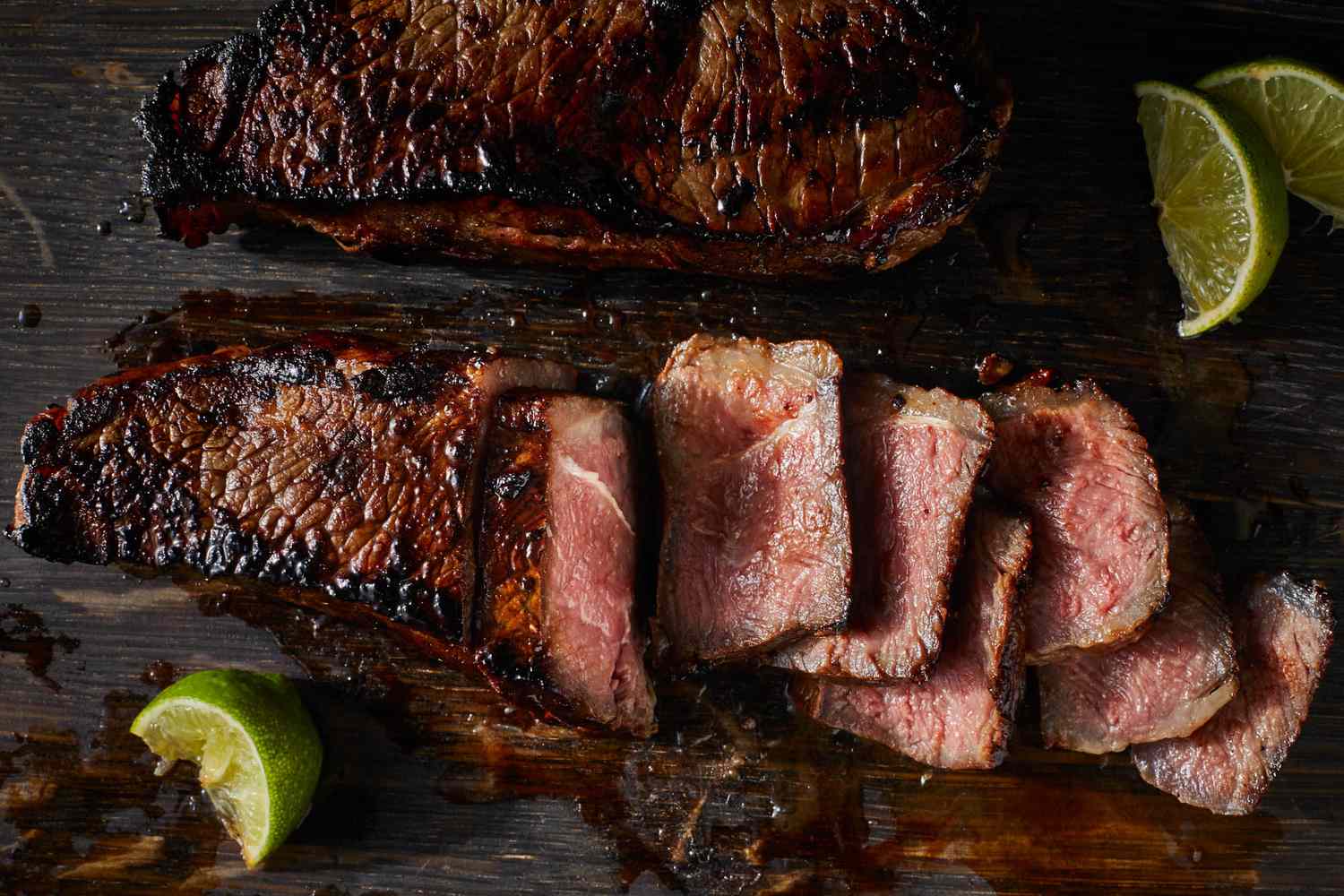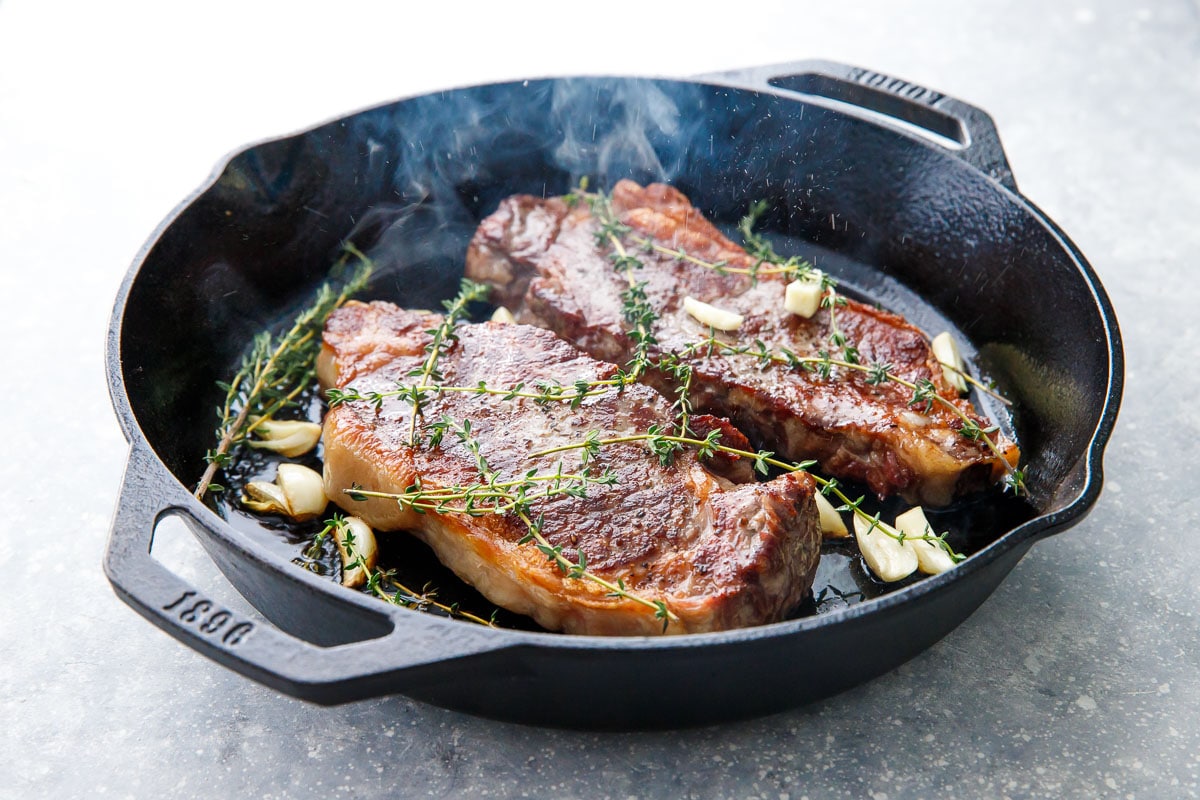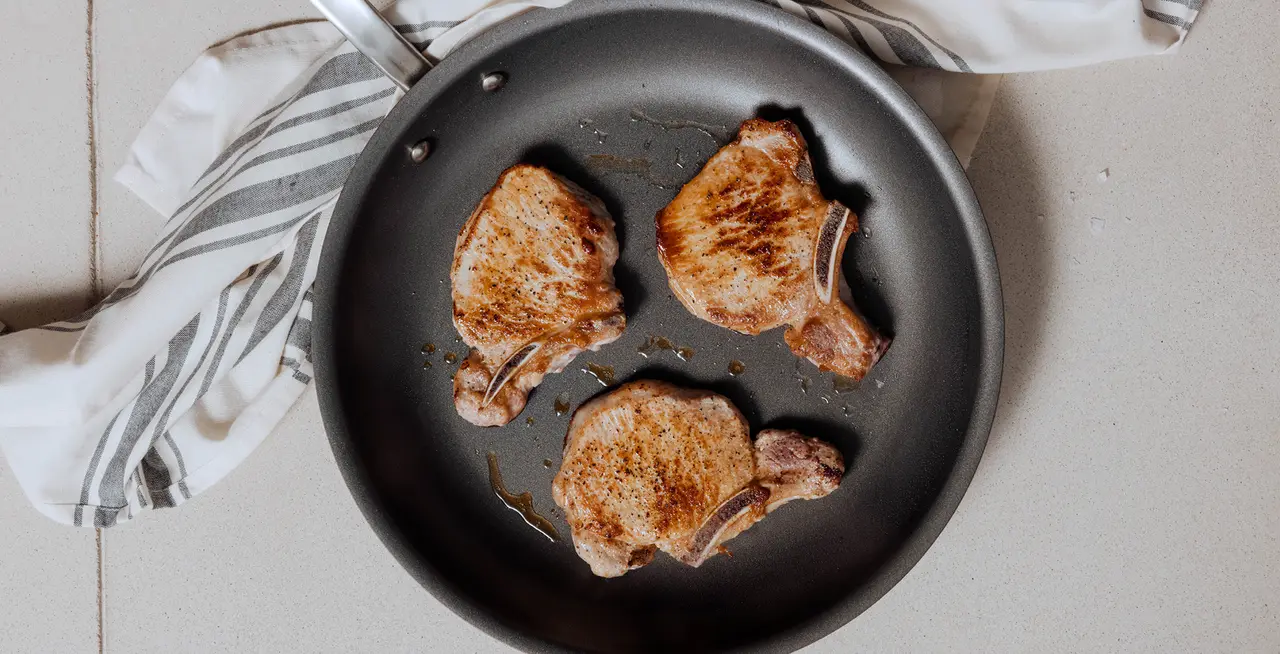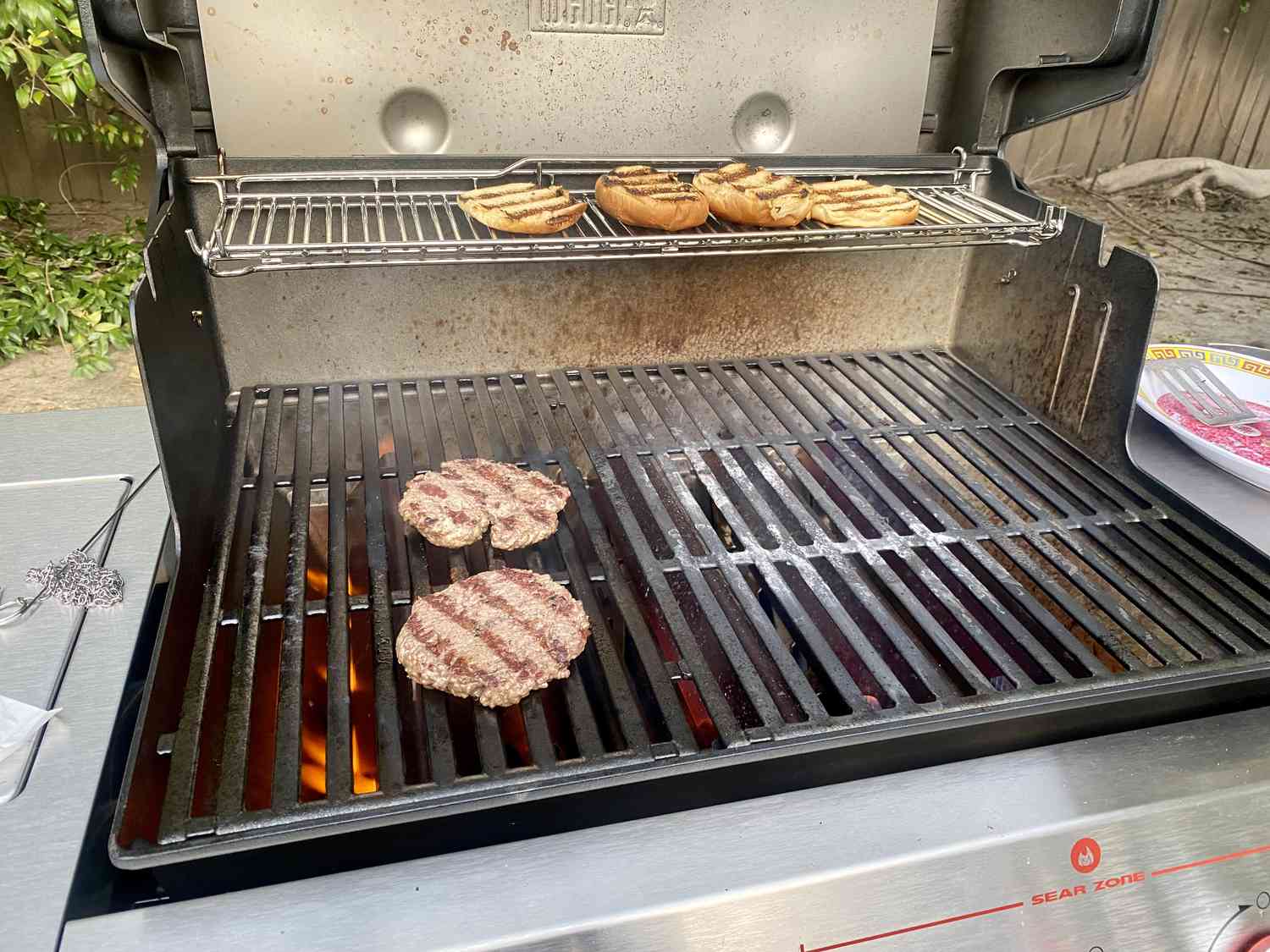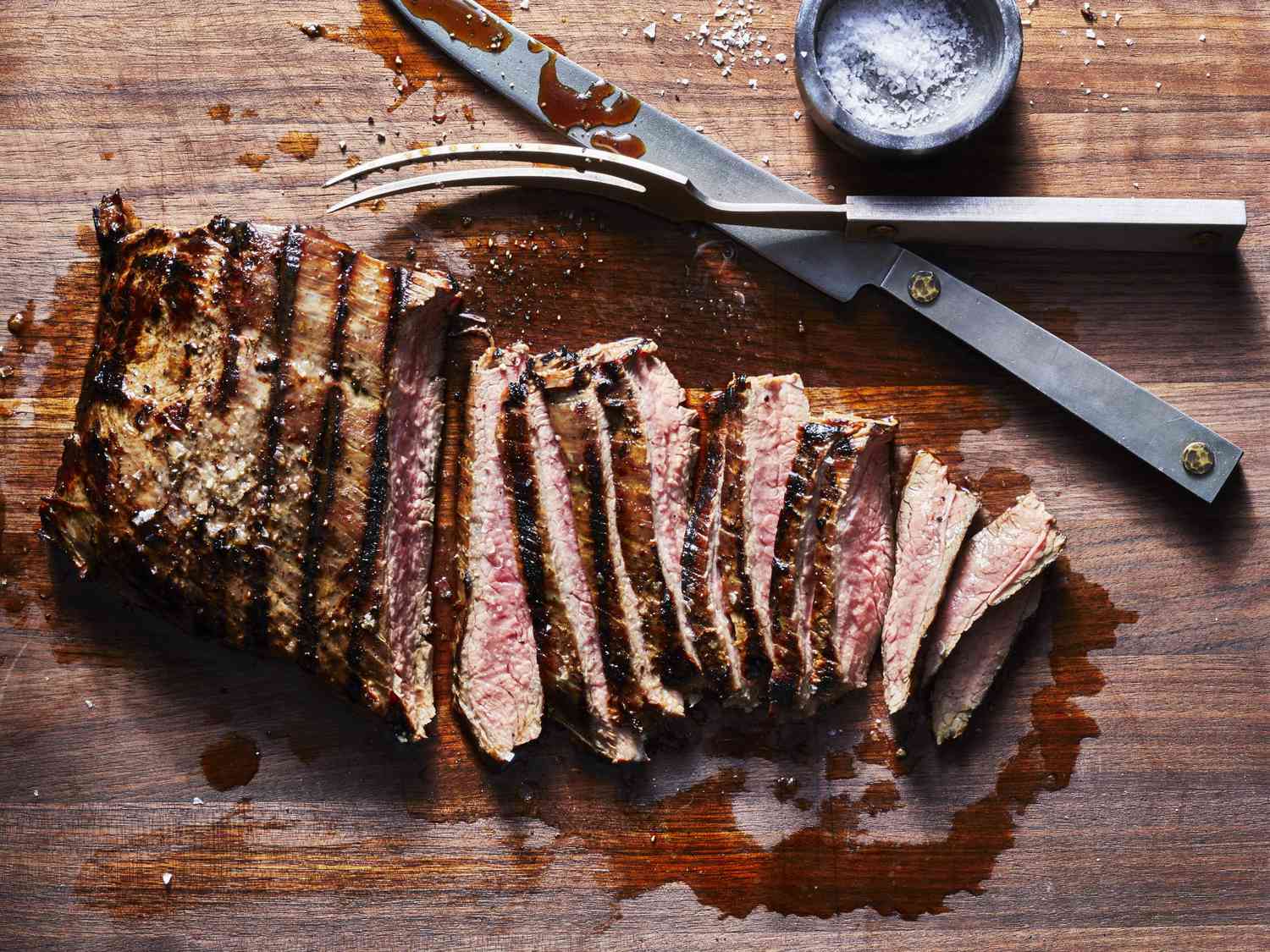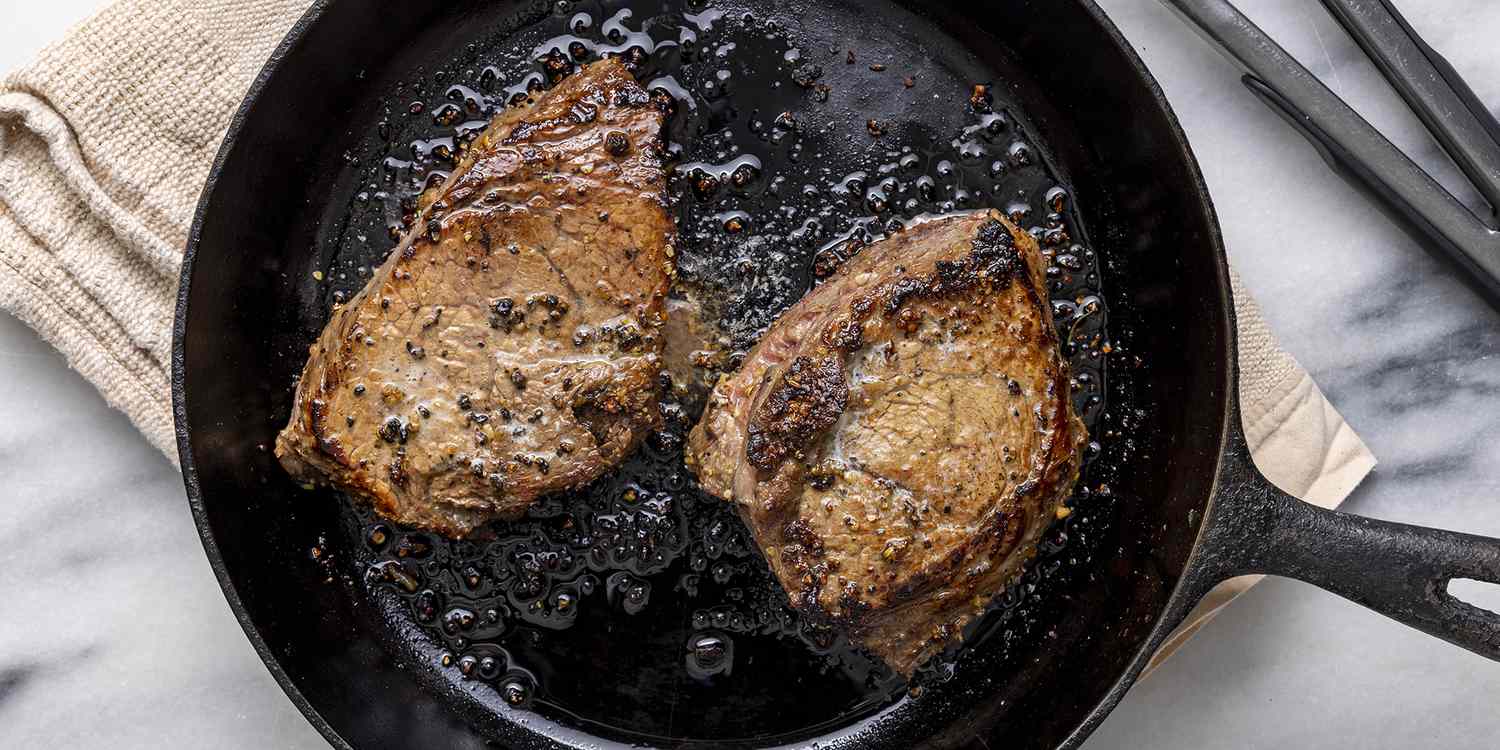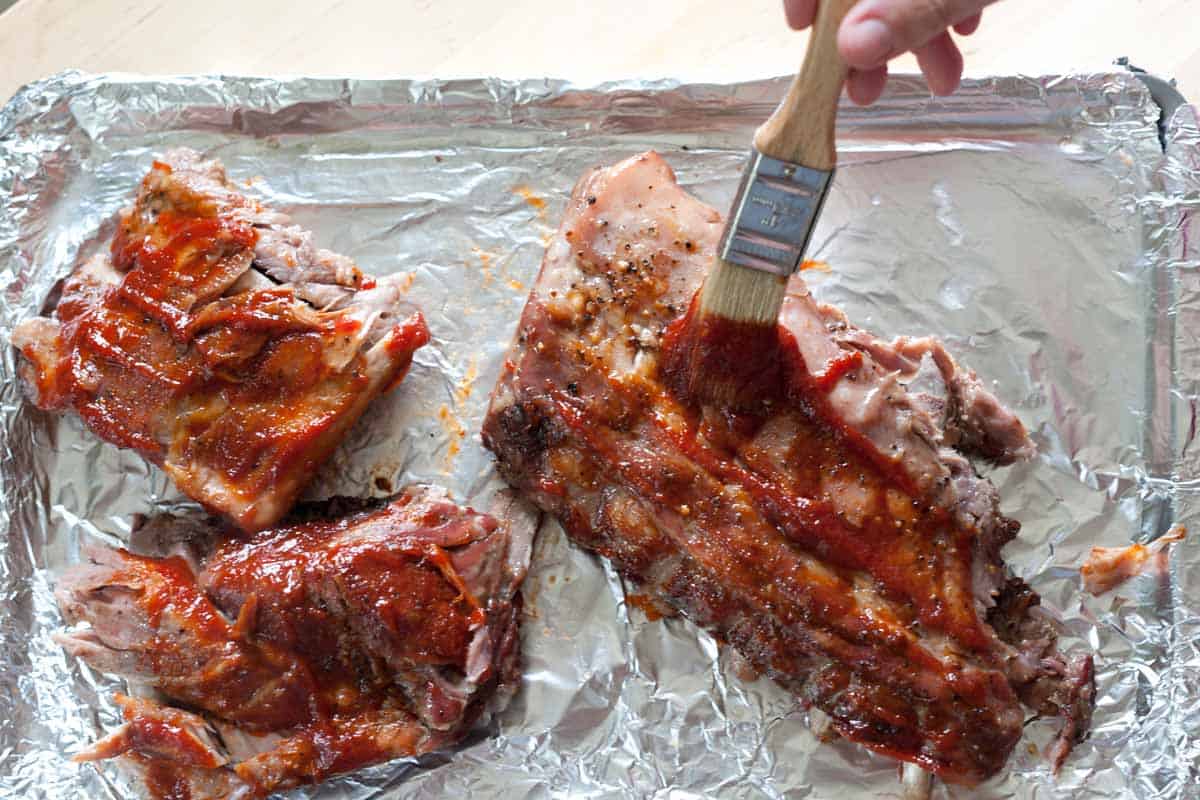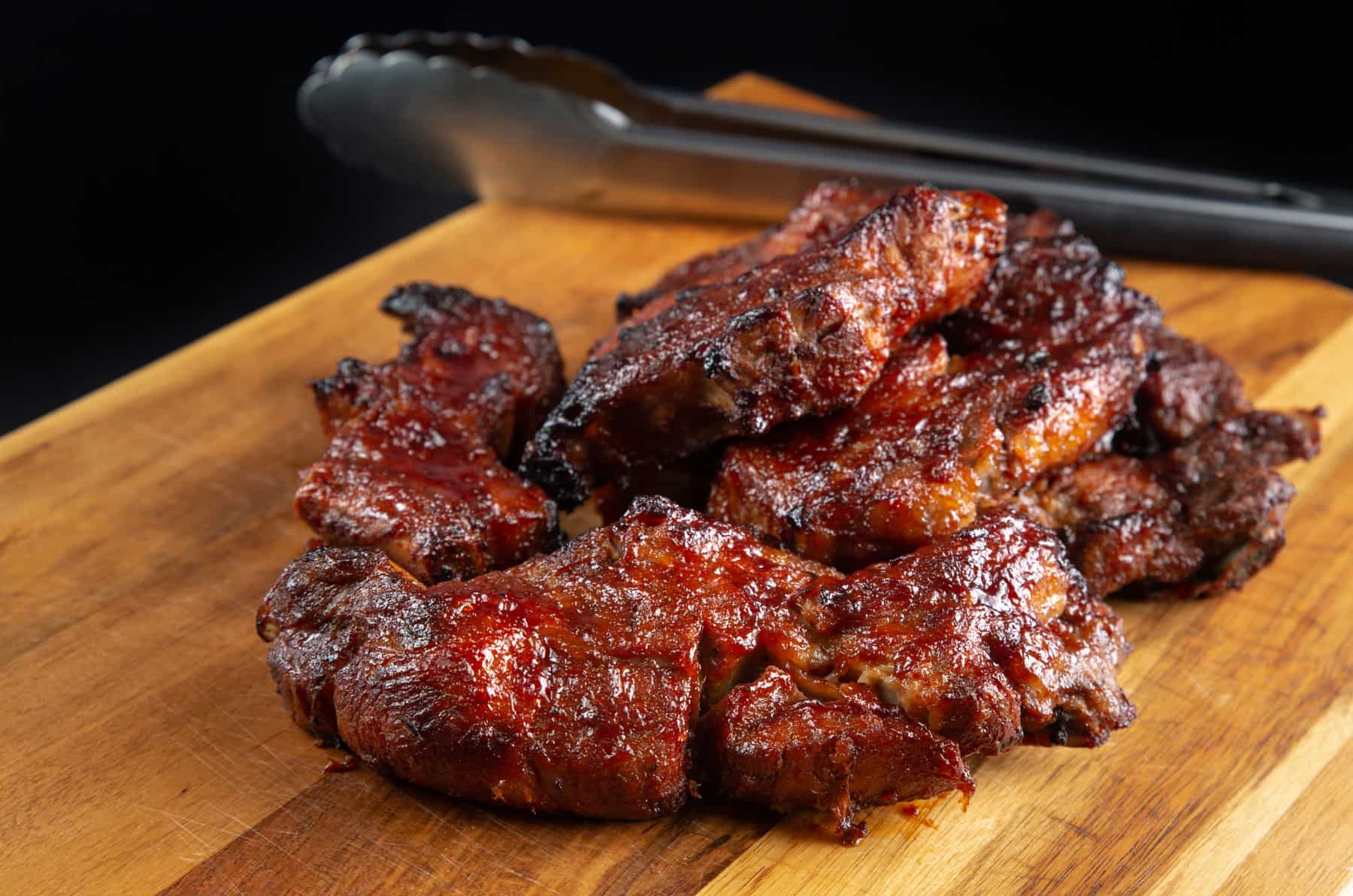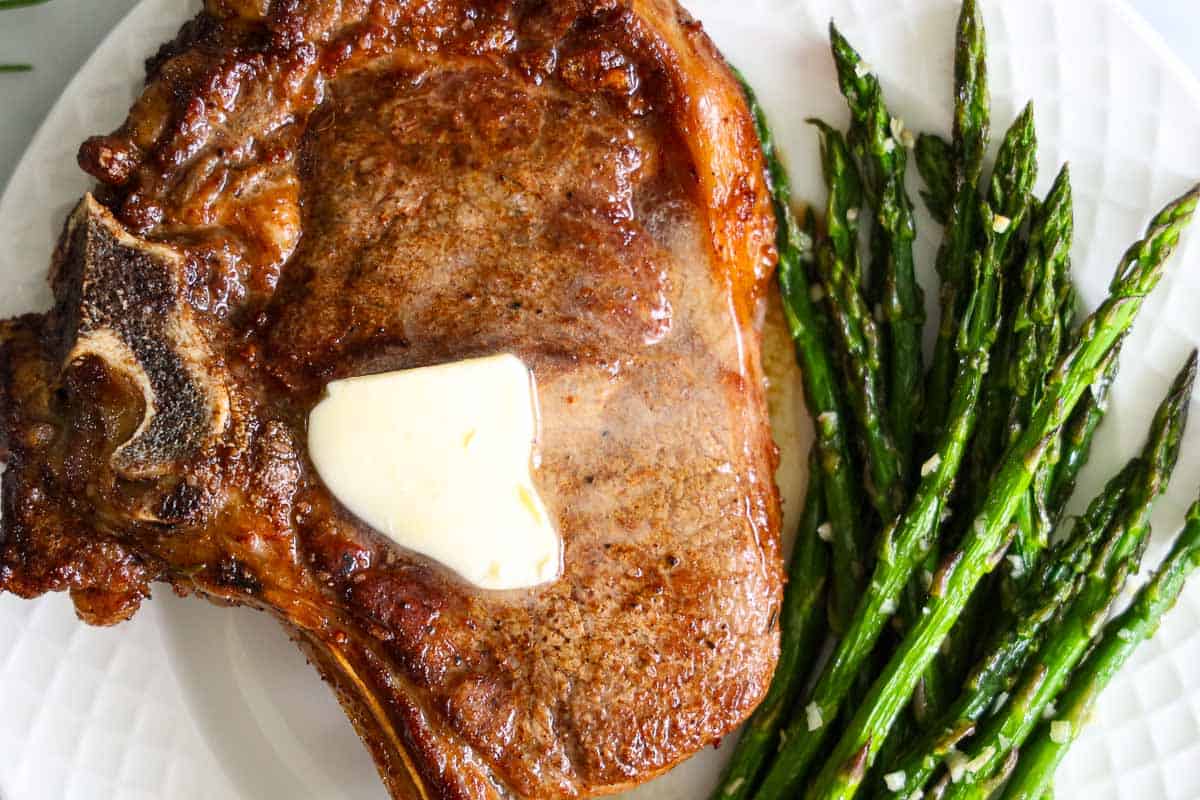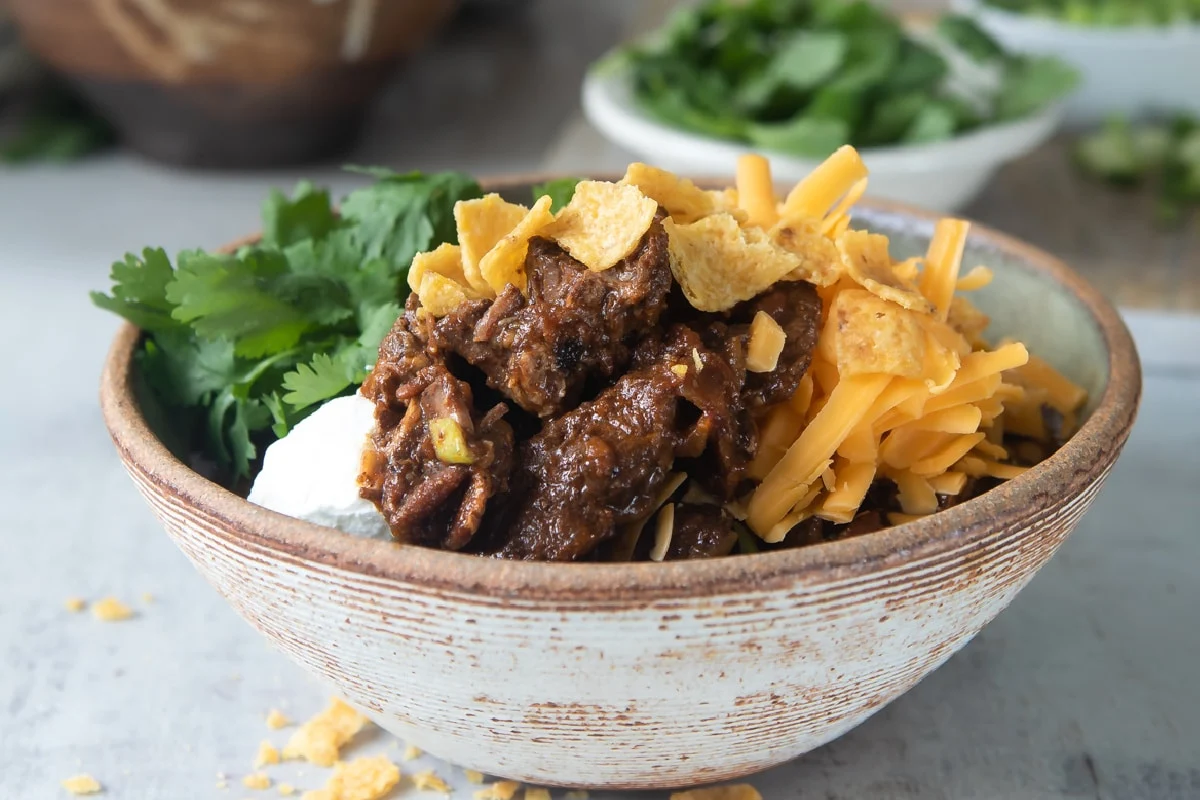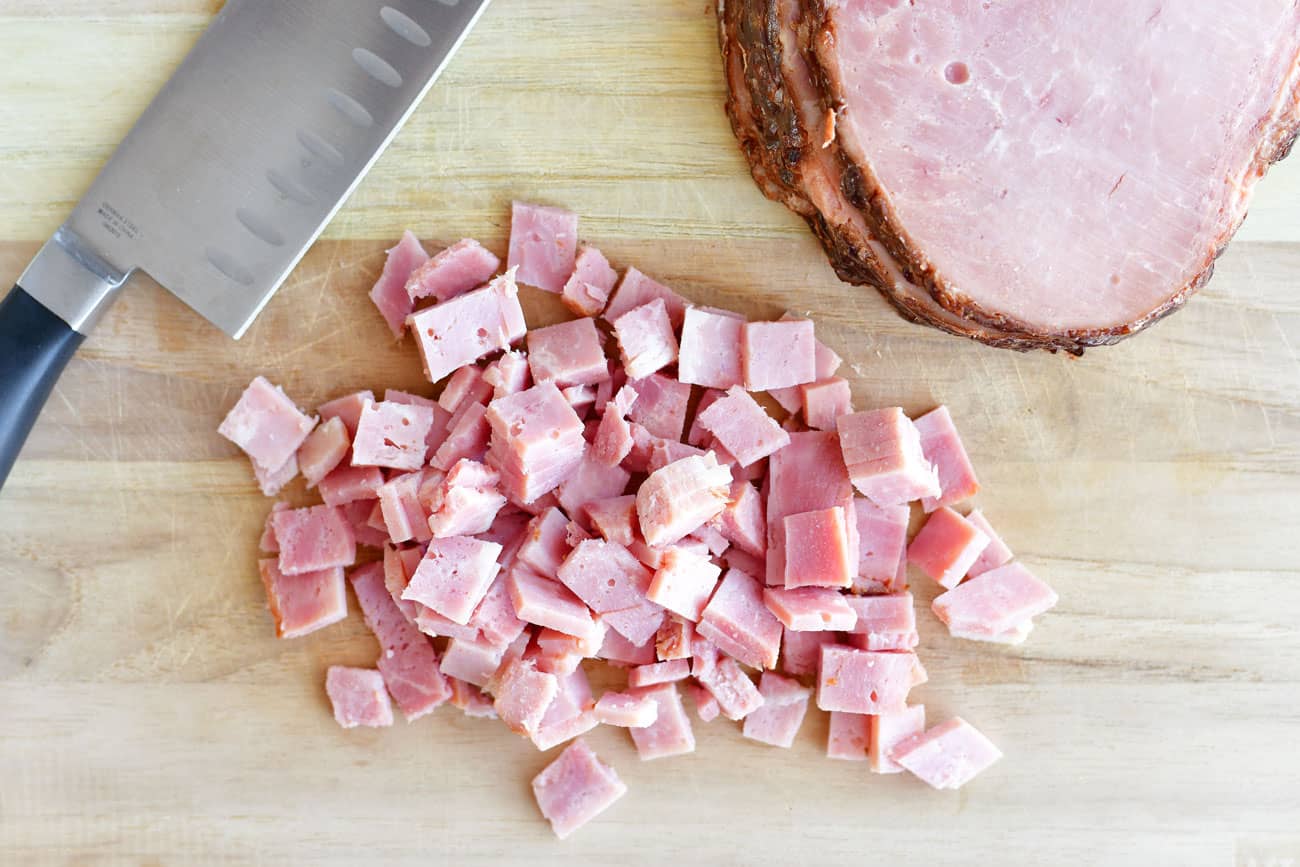Mastering the Art of Searing Steak with Olive Oil
There’s nothing quite like the sizzle of a perfectly seared steak in a hot skillet. Achieving that beautiful crust and juicy, tender interior is a skill that every home cook can master with the right technique. And when it comes to searing, using olive oil can take your steak to the next level.
The Perfect Cut
Before you start searing, it’s important to choose the right cut of steak. Look for well-marbled cuts like ribeye or New York strip for the best results. The marbling ensures that the steak stays juicy and flavorful during the searing process.
Preparing the Steak
Before you begin searing, take the steak out of the refrigerator and let it come to room temperature. This ensures even cooking and a perfectly seared crust. Pat the steak dry with paper towels to remove any excess moisture, which can inhibit the searing process.
Seasoning
Season the steak generously with salt and pepper. You can also add other seasonings like garlic powder, onion powder, or smoked paprika for extra flavor. Press the seasonings into the steak to ensure they adhere well.
Choosing the Right Olive Oil
When it comes to searing steak, using the right type of olive oil is crucial. Opt for a high-quality extra virgin olive oil with a high smoke point. The smoke point is the temperature at which the oil begins to smoke and break down, so choosing an oil with a high smoke point is essential for searing at high temperatures.
Heating the Skillet
Place a heavy-bottomed skillet, such as cast iron, on the stovetop over high heat. Allow the skillet to become very hot before adding the oil and steak. A hot skillet is key to achieving a good sear.
Searing the Steak
Once the skillet is hot, add a small amount of olive oil to the pan. Swirl the oil to coat the bottom of the skillet evenly. Carefully add the seasoned steak to the hot skillet. You should hear a satisfying sizzle as the steak makes contact with the hot surface.
Cook the steak for a few minutes on each side without moving it. This allows a crust to form, creating that sought-after sear. Use tongs to flip the steak and sear the other side.
Finishing Touches
Once the steak is seared to your desired level of doneness, remove it from the skillet and let it rest for a few minutes. This allows the juices to redistribute, resulting in a perfectly juicy steak.
Now that you’ve mastered the art of searing steak with olive oil, you can enjoy restaurant-quality steak right in your own kitchen. Experiment with different seasonings and cuts of steak to find your perfect combination, and impress your friends and family with your newfound searing skills.
Remember, practice makes perfect, so don’t be afraid to try different techniques until you find the one that works best for you. Happy searing!
For those eager to master the art of searing steak with olive oil, there are several recipes that perfectly complement this technique. The Classic Ribeye Steak Recipe is a great starting point due to its rich marbling and flavor, making it forgiving for beginners. For those who appreciate a touch of elegance, Filet Mignon with Rosemary and Thyme offers a tender cut paired with aromatic herbs. If bold flavors are your preference, the Seared T-Bone Steak with Chimichurri Sauce provides a robust and zesty experience. Lastly, Seared Tomahawk Steak with Herb Butter is a dramatic and delicious choice for those looking to impress with both presentation and taste.
